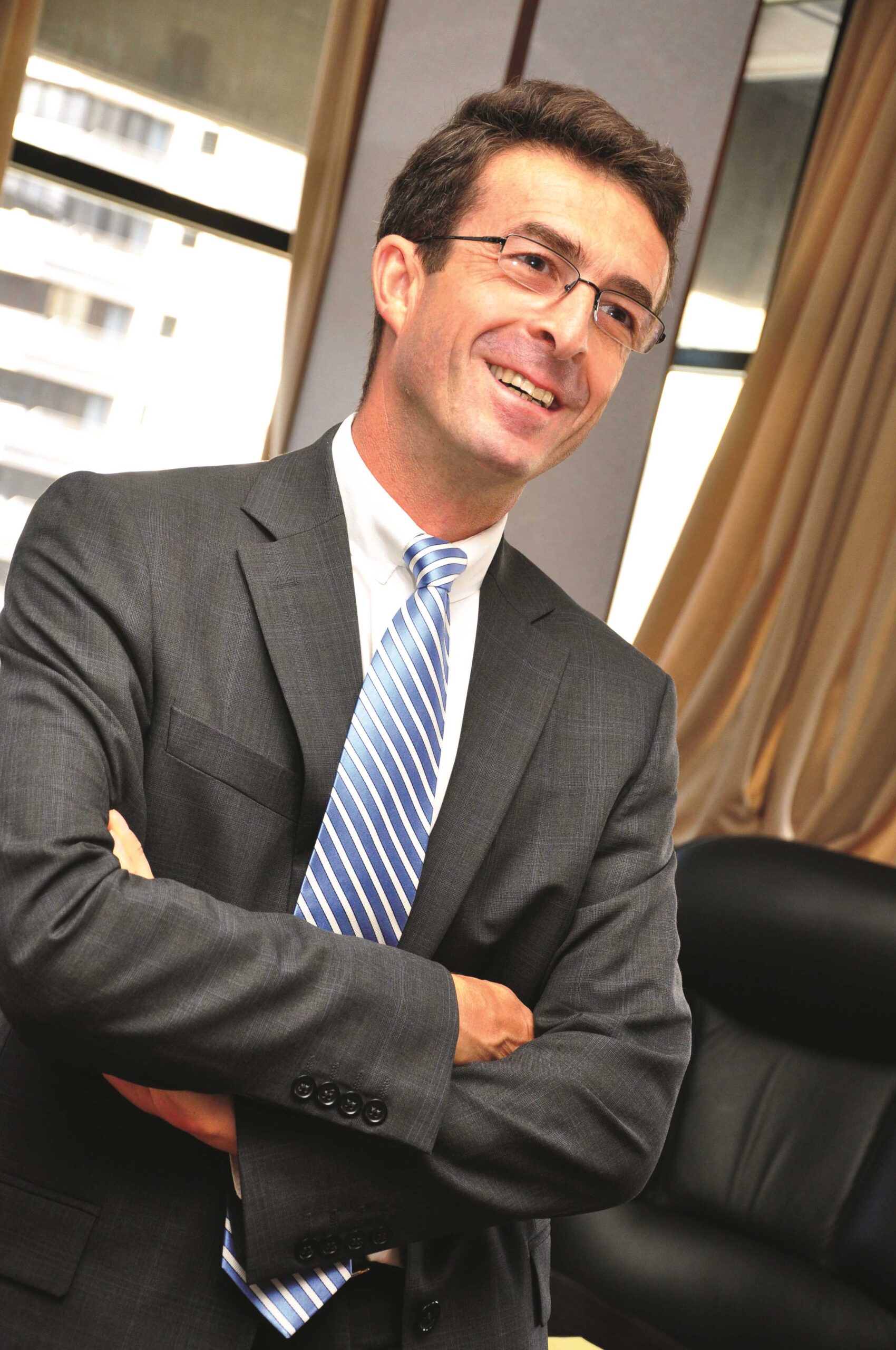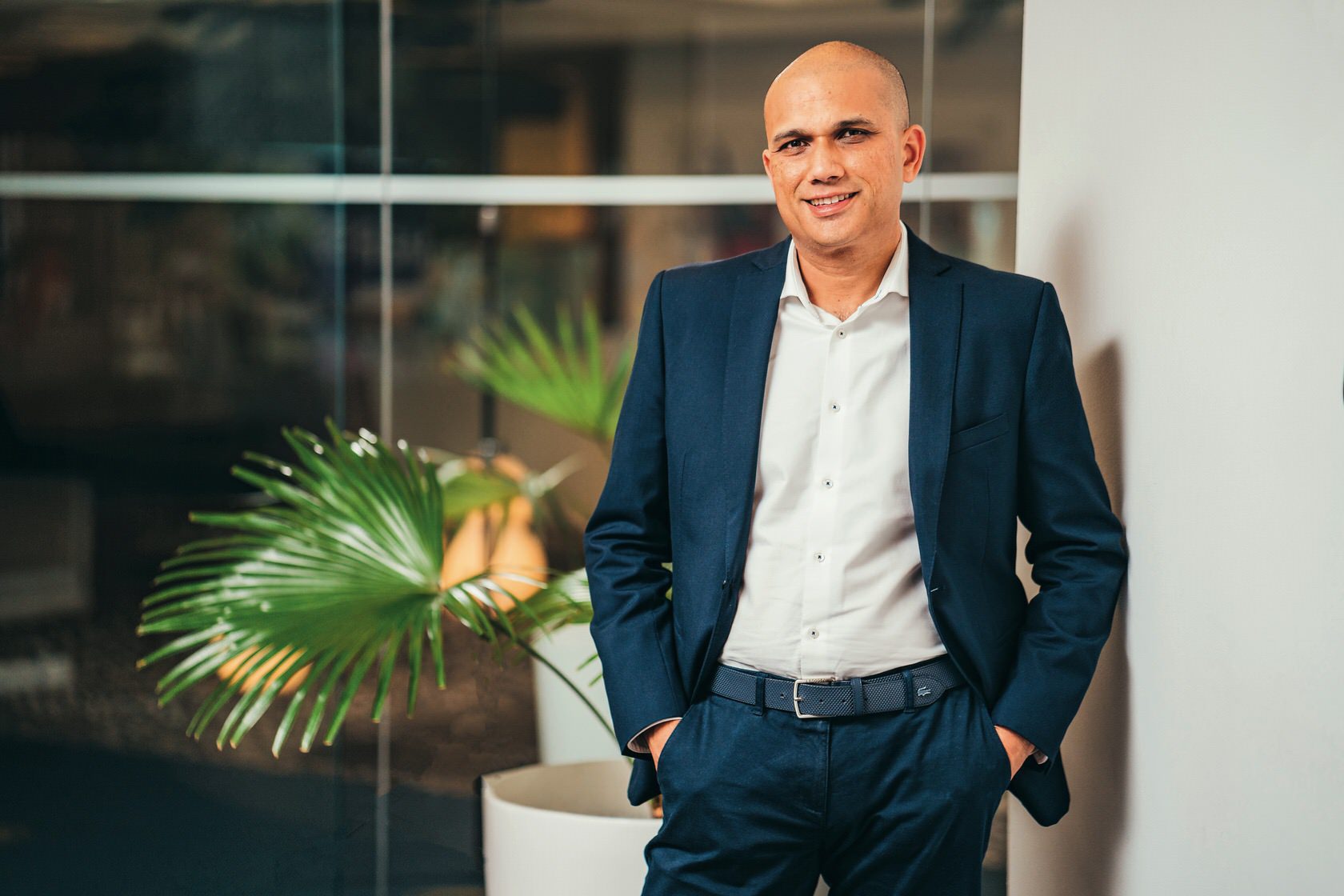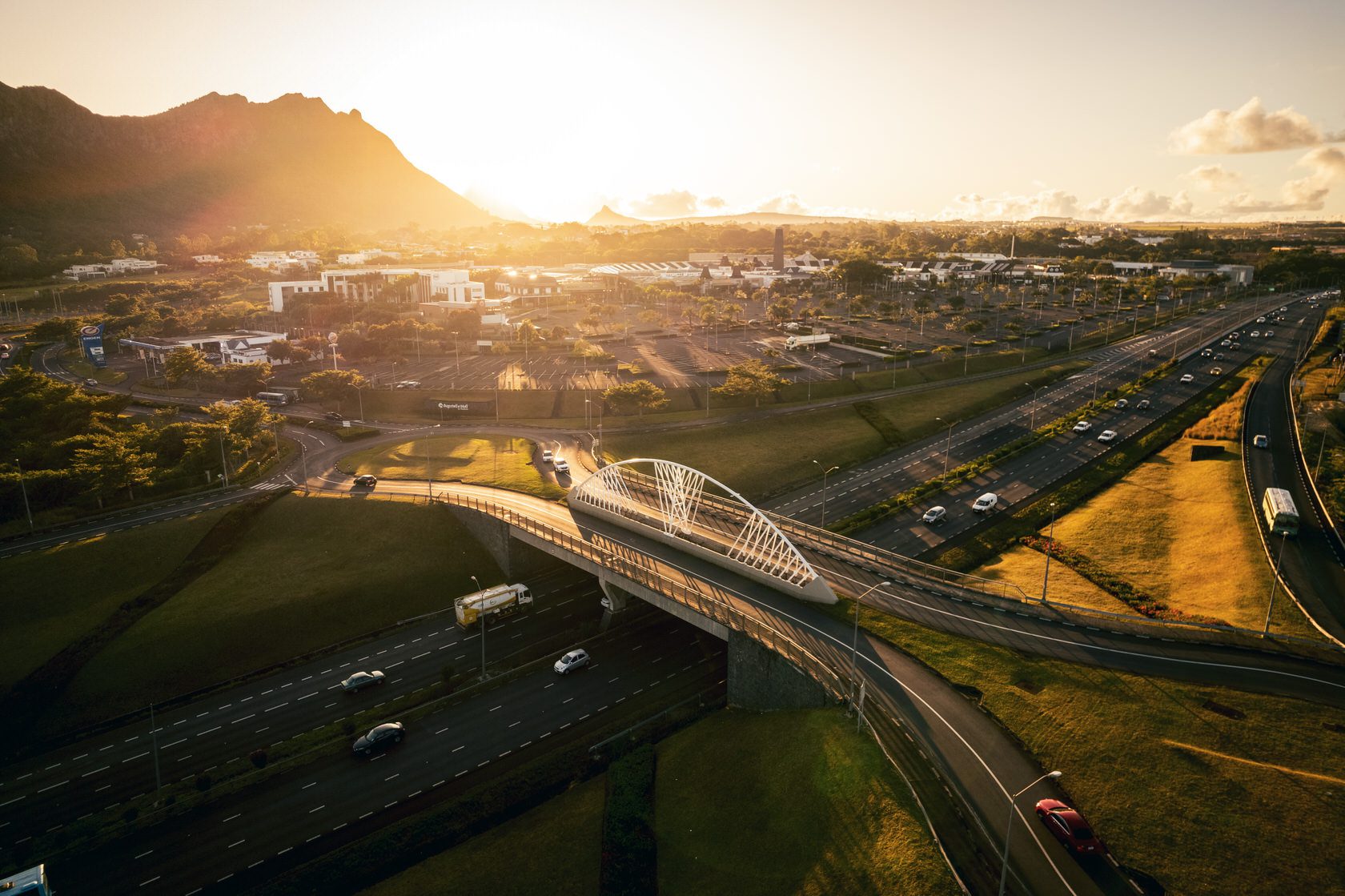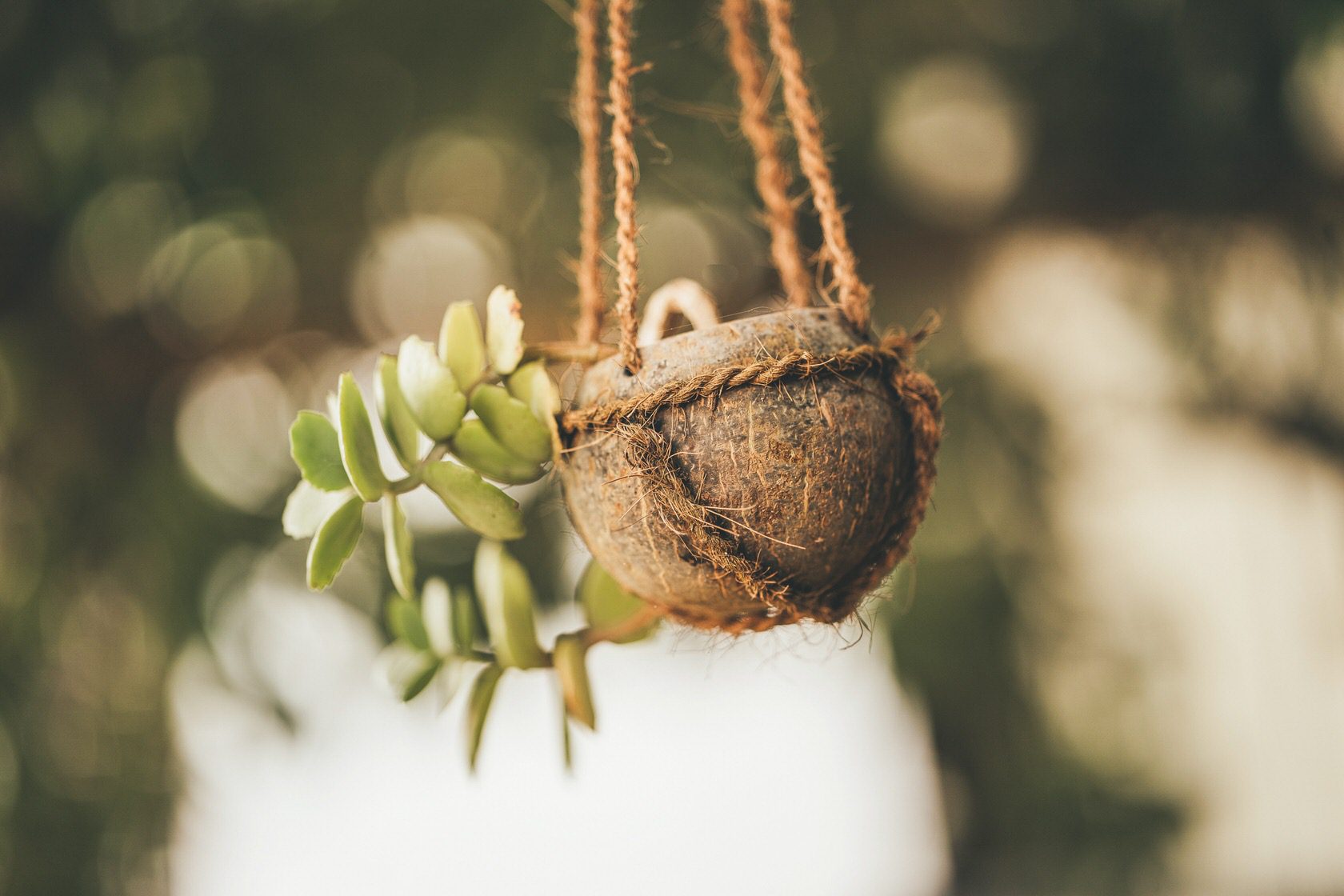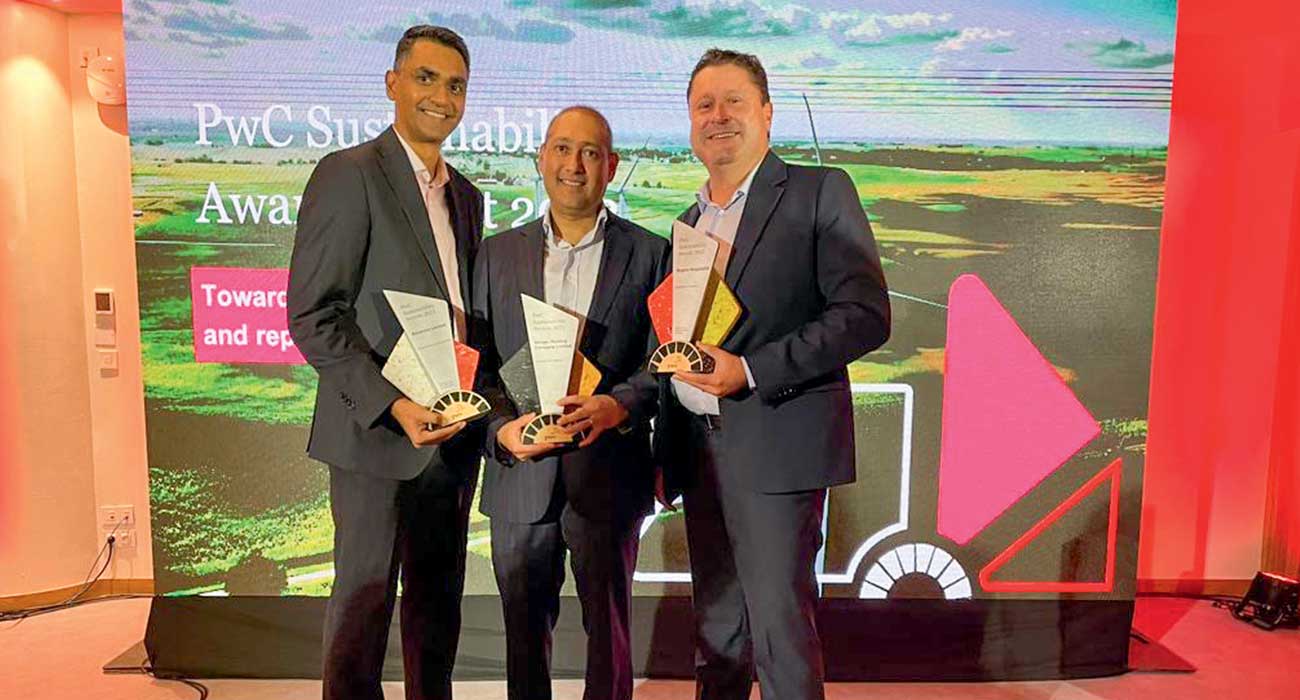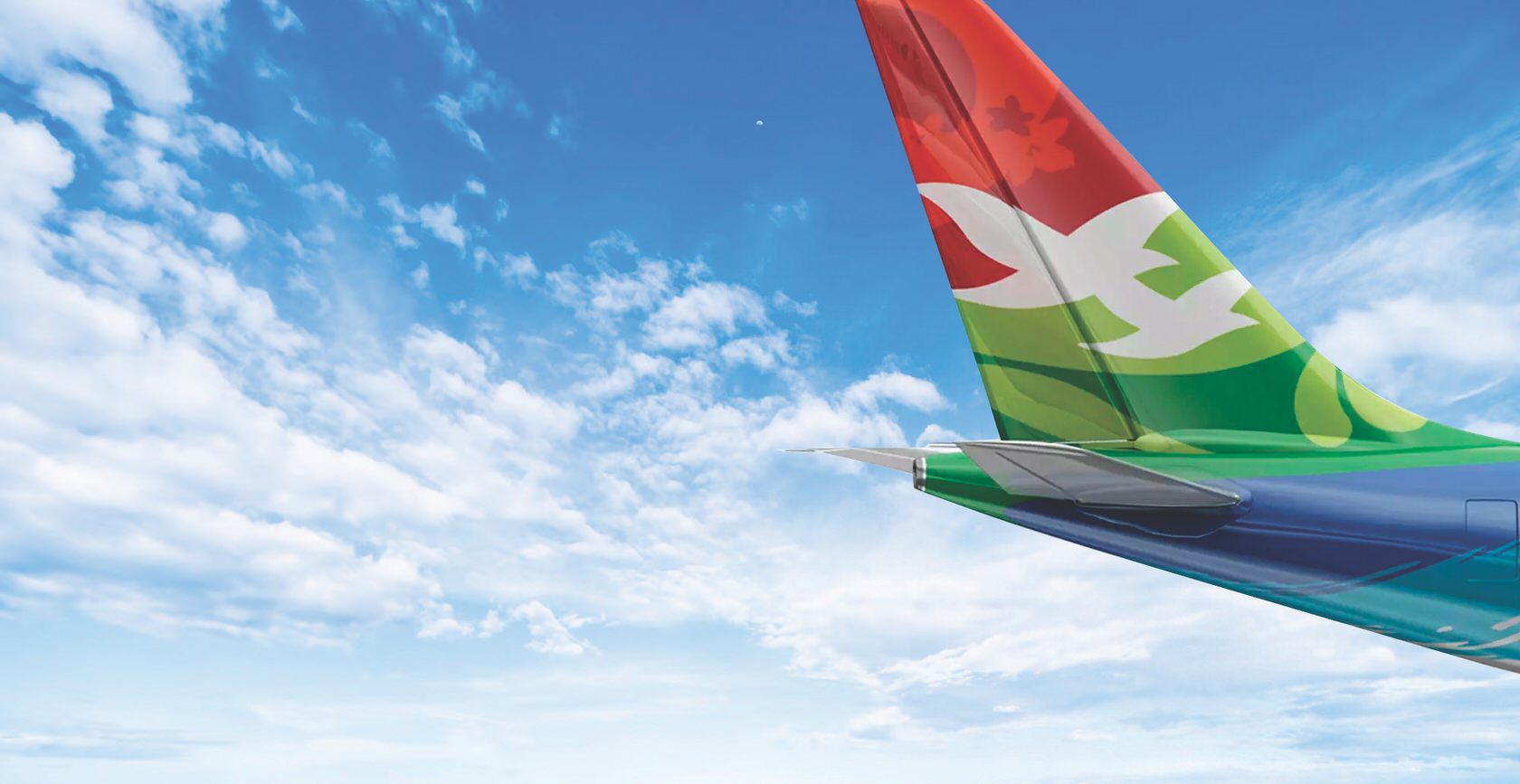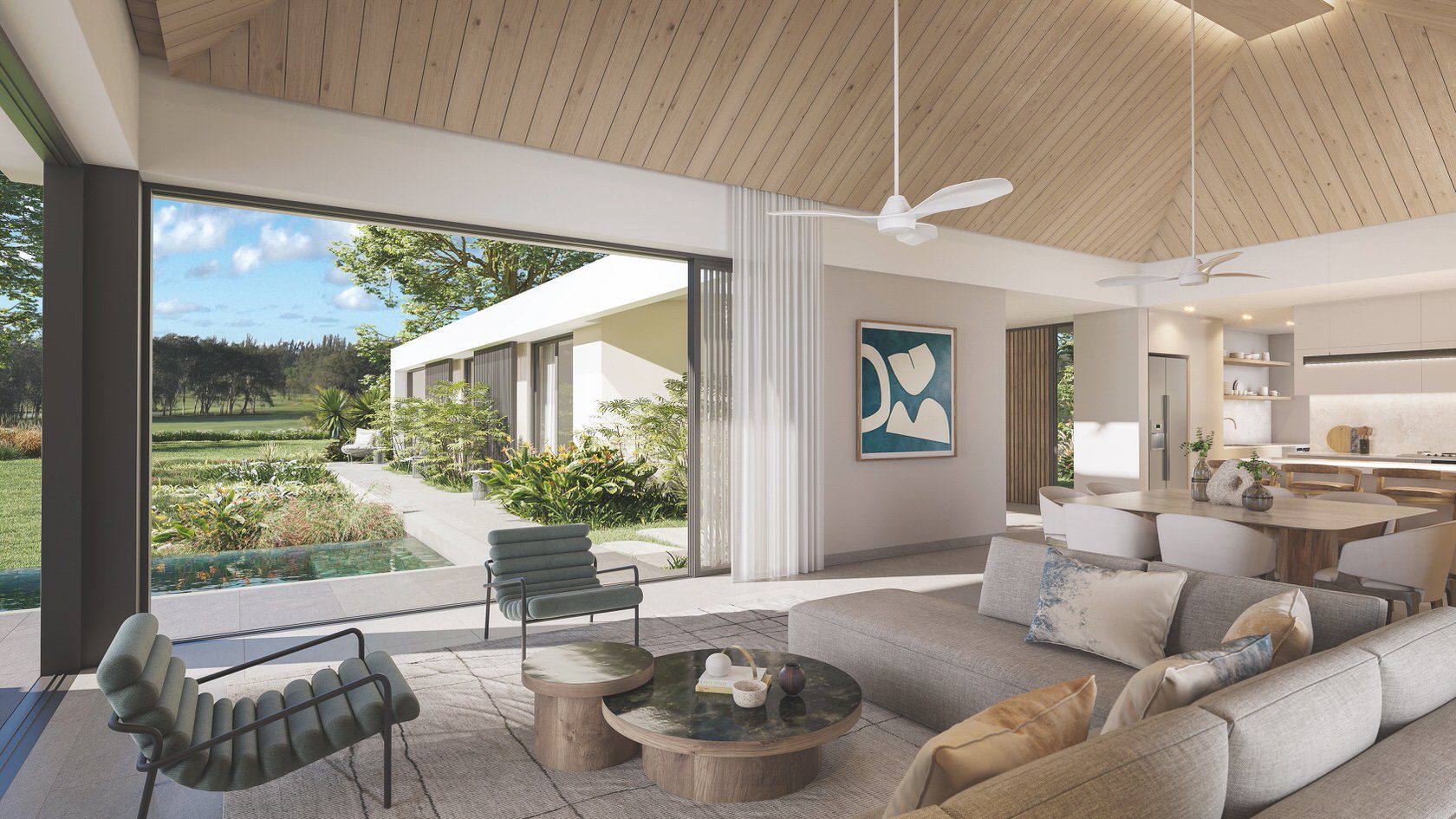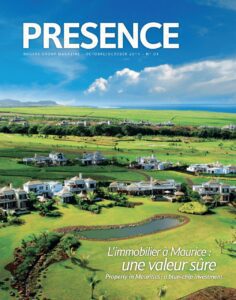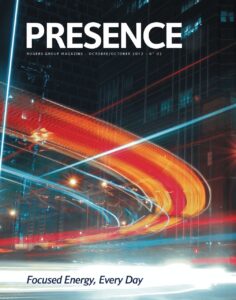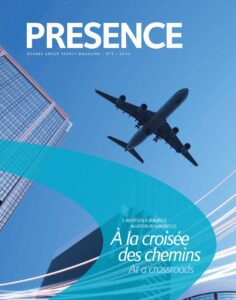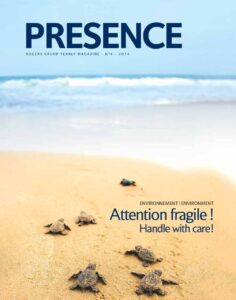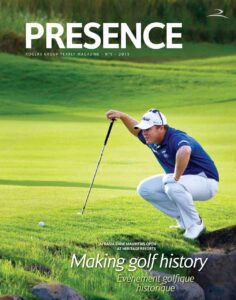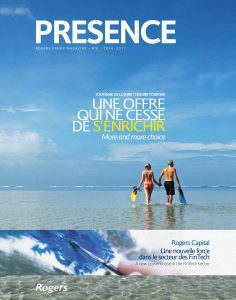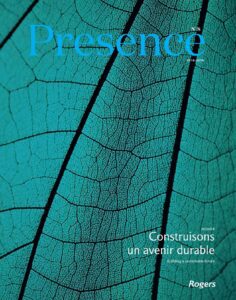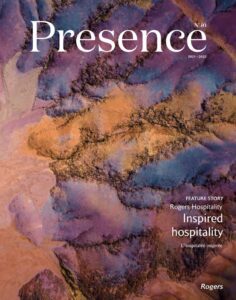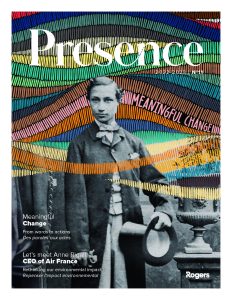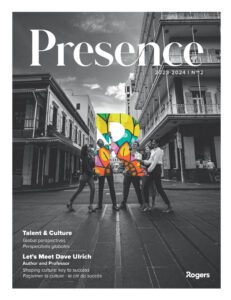Having been one of those involved in leading the French consultative process on the environment, known as the Grenelle de l’Environnement, Ghislain Gomart a leading French civil servant is helping the Mauritian government develop its Maurice Ile Durable (sustainable island) strategy, to support the effective management of natural resources, protect social harmony and safeguard investments.
photos : rogers image bank
Vivid imaginations associate tropical islands with buried treasure. However, the reality in these isolated places, sun-blessed though they may be, is that Nature is under pressure rather than abundant. There is an obvious reason: the balance between resources and requirements is even more fragile than elsewhere, as a result of the limited space and the remoteness of external sources of provisions. Hence the interest in the principles of sustainable development found in some small island states, such as Mauritius, whose Prime Minister, Navin Ramgoolam, seeks to involve the whole population, 1.2 million according to the latest census – added to which is the just under a million who visited last year – in the process.
In order to transform the idea of sustainable development into a real society-wide project, the Government in Port Louis has taken inspiration from the methods employed in France in the context of what President Sarkozy has termed the Grenelle de l’Environnement. One of those intimately involved there has been brought in to roll out the French consultative plan in the Indian Ocean. Having worked closely with former minister Jean-Louis Borloo, Ghislain Gomart, a senior French civil servant, has been given the task of helping the Maurice Ile Durable project to progress, under a partnership agreement between the two countries. In our interview with him, he speaks about what is involved in this commendable example of cooperation.
Within the framework of the agreement between France and Mauritius, you devote some of your time to developing the Maurice Ile Durable project. Perhaps you could explain to us what is involved?
The Maurice Ile Durable concept is a project for society announced by Mauritius’ Prime Minister, Navin Ramgoolam, in 2008. It sets out to commit this developing country to a similar path to that taken by some of the most advanced nations, in the sense used by international organisations that measure economic and human development. As part of the support provided by the French Development Agency, since the start of 2011, I have been working with the Mauritian government team leading the project, sometimes here in Mauritius and at other times from Paris.
The first consultative stage is drawing to a close. In involving various elements in society, we wish to develop an effective process, as the Grenelle de l’Environnement did. Six working groups have been set up. Each has some thirty members, co-opted by their peers. There are representatives from the Civil Service, local government, the private sector, trade unions, NGOs working for environmental conservation, academics and relevant individuals. Each group is working on one of five sectors outlined by the Prime Minister as part of the MID 5 E project: education, equality, employment, energy and environment. For the last, there are two groups. One is concerned with the conservation of natural resources and biodiversity; the other on activities which can damage them, such as refuse and the degradation of the natural environment. The range of participants means we can be informed by theories, published information, overseas experience and facts about the local situation, and bring them together. We have asked them to propose strategies as well as proposals that could be implemented immediately if approved by Government. The six working documents issued will be published on line and looked at in relation to government policy.
From September 2011, the reports will provide the basis for the work of a group of international and Mauritian consultants, chosen through a broad invitation to tender. They will summarise their observations and conclusions and, after two further consultative stages (in November 2011 and February 2012), the Prime Minister is scheduled to announce the outcome of all the work on 12th March 2012, exactly 44 years after Independence. The aim is to have a 10-year strategic plan and a concrete action plan to be carried out throughout the country over the next three years.
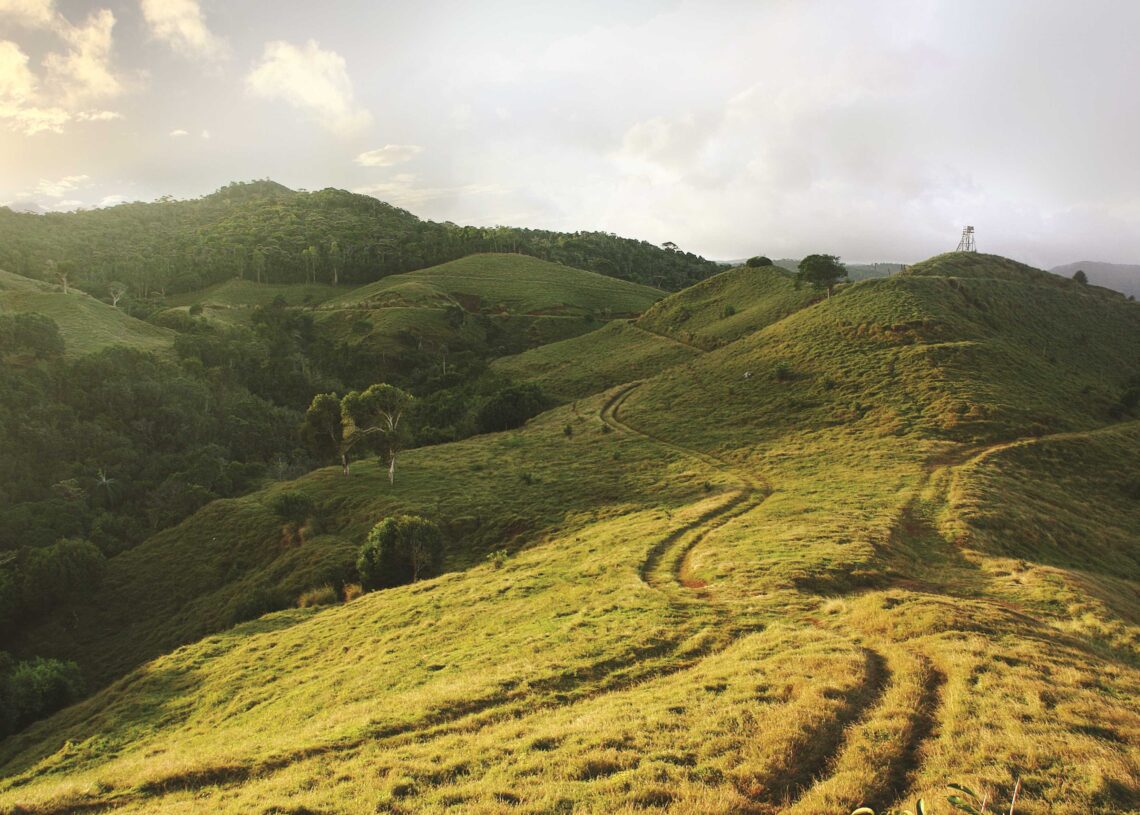
How does Mauritius gain by following the French Grenelle de l’Environnement process?
I think that representative democracies, such as those in France and Mauritius, benefit from taking steps to involve people. It has the advantage of avoiding political agendas, which are not always consistent with long-term planning. To minimise the risk of a loss of public confidence, which can come from the rate of progress of such a vast project as Maurice Ile Durable, you need to set up and implement some form of consultative process, such as those of phases I and II of the Grenelle de l’Environnement and the Grenelle de la Mer, a consultative roundtable on the marine environment, the success of which have been largely recognised in France, including by those not wildly favourable to government policy. Even if it sometimes seems to slow down the decision-making process, in practice this method acts as an accelerator and above all a catalyst. All those taking part in the workshops realise that their varying viewpoints and the confrontation of ideas helps a global perspective to emerge and means solid recommendations can be drawn up. The inclusive nature of the Maurice Ile Durable project doesn’t stop with the first phase involving the six working groups. The team of consultants will have meetings with those who have been involved in the workshops to consider together the remarks made by internet users and ministries and to ensure that the ten-year strategic plan and the three-year action plan are consistent with the proposals contained in the reports. Then the MID Strategic Committee, a sort of committee of wise men, set up by the Prime Minister and made up of independent and suitably qualified individuals, will need to be briefed and to comment on the implementation of an action plan and on the compatibility of future projects with MID strategy. This will be a permanent body and will exist alongside a governmental MID committee (chaired within the Prime Minister’s Office by Osman Mahomed), which will co-ordinate the implementation of MID activity. We need to realise, of course, that the plans may be developed or reoriented in the light of the needs of the moment or new economic or technological opportunities that present themselves. Things can change in a rapidly moving world.
The maintenance of a permanent dialogue between those involved and observers is in my opinion the best way of ensuring that the project works and that the various elements are consistent with each other. The overall concept is gaining ground amongst Mauritians, including those who have had their doubts about where the project was leading.
Don’t you feel that, in an emerging economy, sustainable development and participative democracy seem somewhat superfluous rather than priorities?
Not at all. For example, in the case of Mauritius, a small island country in the middle of the Indian Ocean, whose economy relies to a considerable extent on tourism and welcoming visitors from overseas, sustainable development is central to the management of water and energy resources, self-sufficiency in food and the conservation of the environment. As far as the consultative process (and the involvement of as many people as possible in implementing projects involving society), it is a method of proceeding of which international funding agencies greatly approve. They see in this kind of process a strong form of involvement and thereby a guarantee of stability in terms of government policy. It’s the same for private-sector investors. They are looking for political and social stability – rational management of resources and planned development. For business, it goes hand in hand with being better able to control costs and calculate profitability.
The major international organisations, moreover, regularly comment on the stability of institutions and the dynamism of the private sector that exist in Mauritius, as well as the favourable impact these have on the overall growth of professional skills. In the context of trade globalisation and the increase in commercial relations between Asia and Africa, the Maurice Ile Durable project can only strengthen the country’s attractions in the long term. To reply specifically to your question, I believe that placing the concept of sustainable development at the centre of political planning and to implement it through a process of participative democracy will result in the creation of a very strong competitive advantage.

